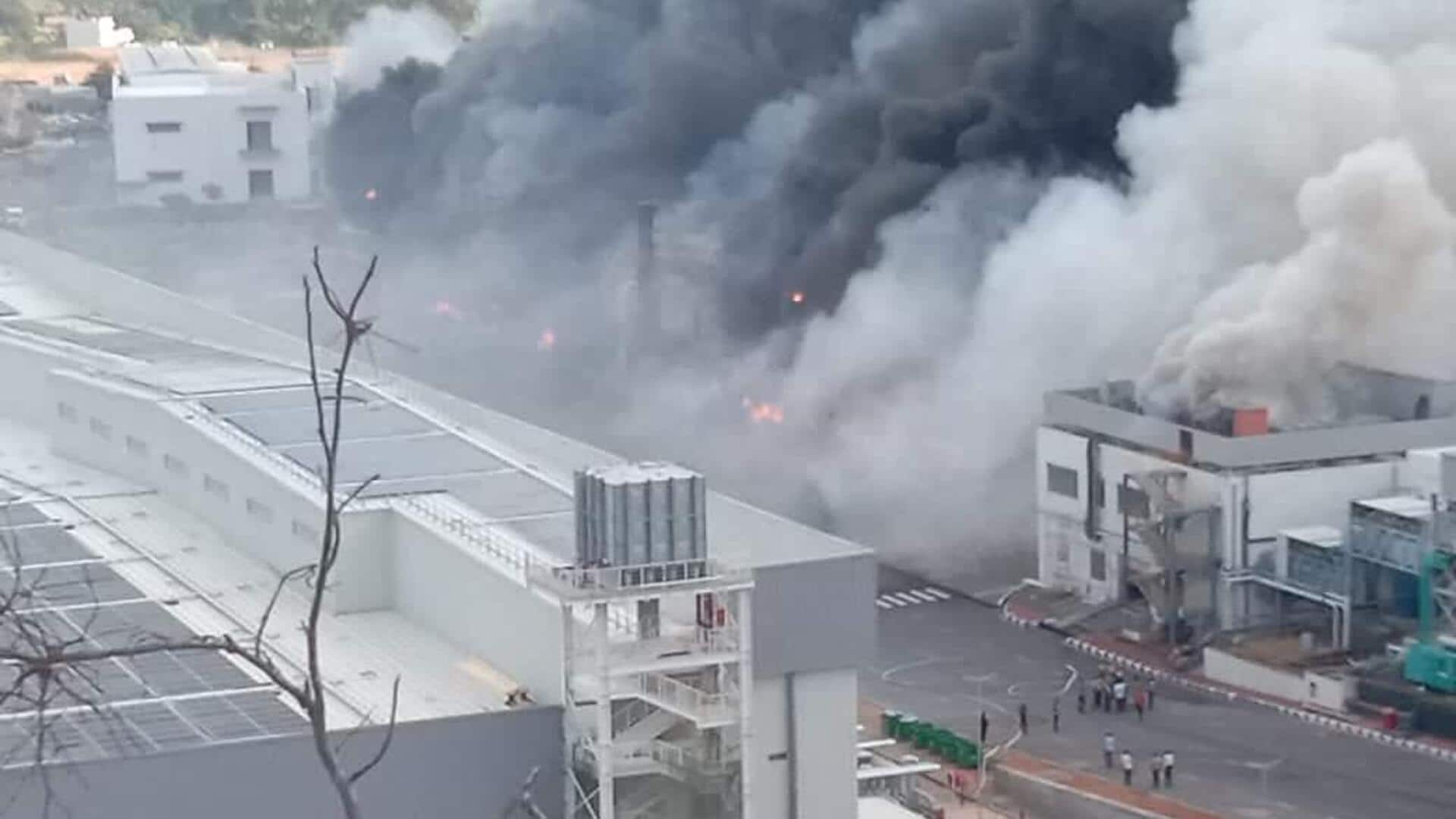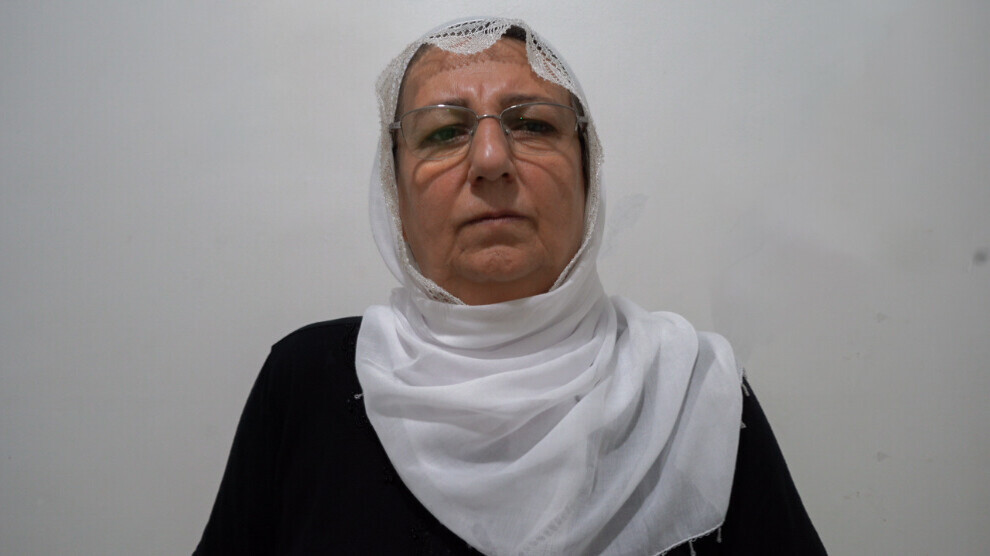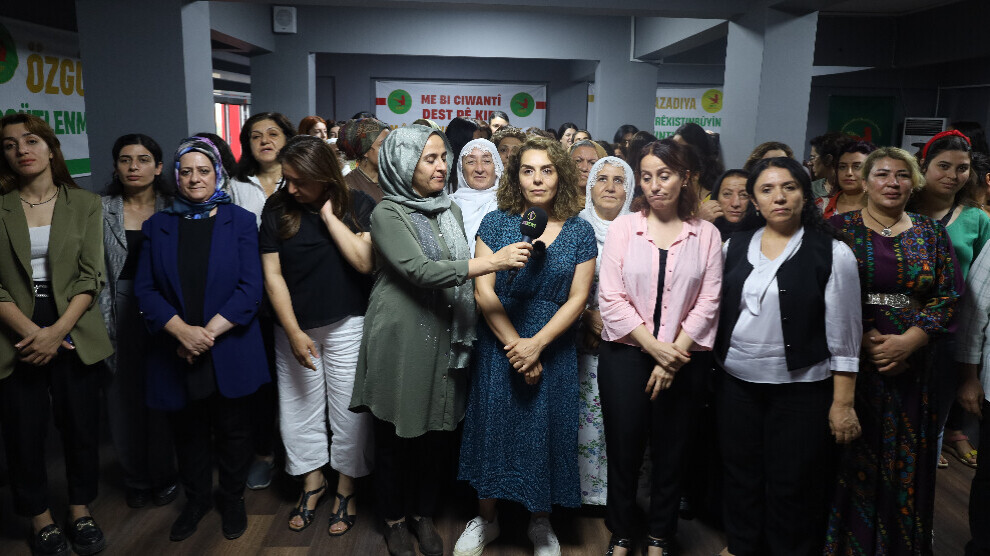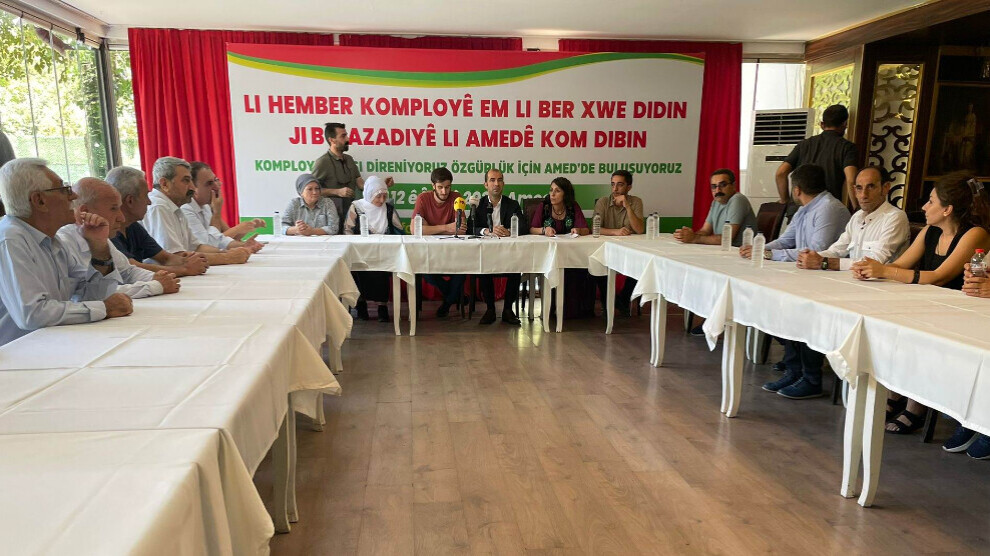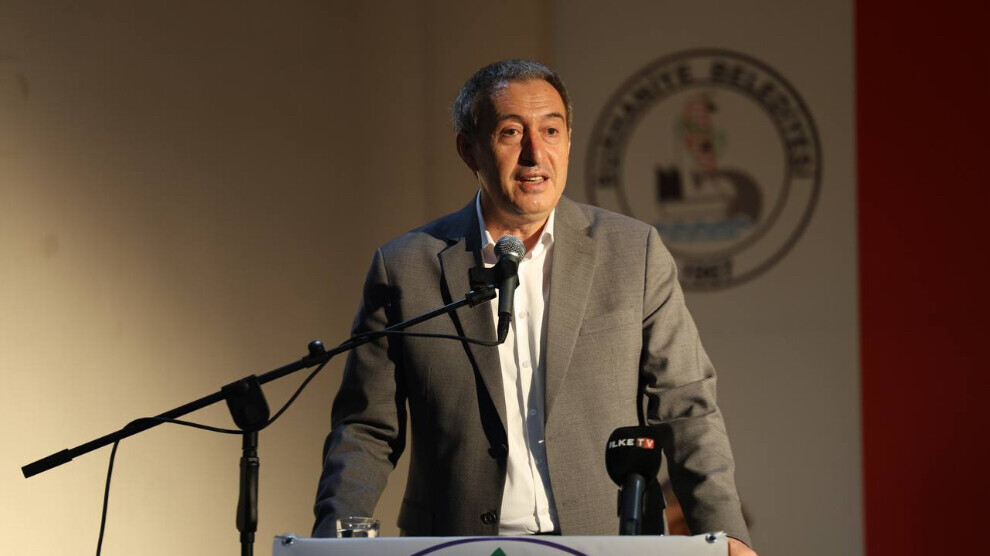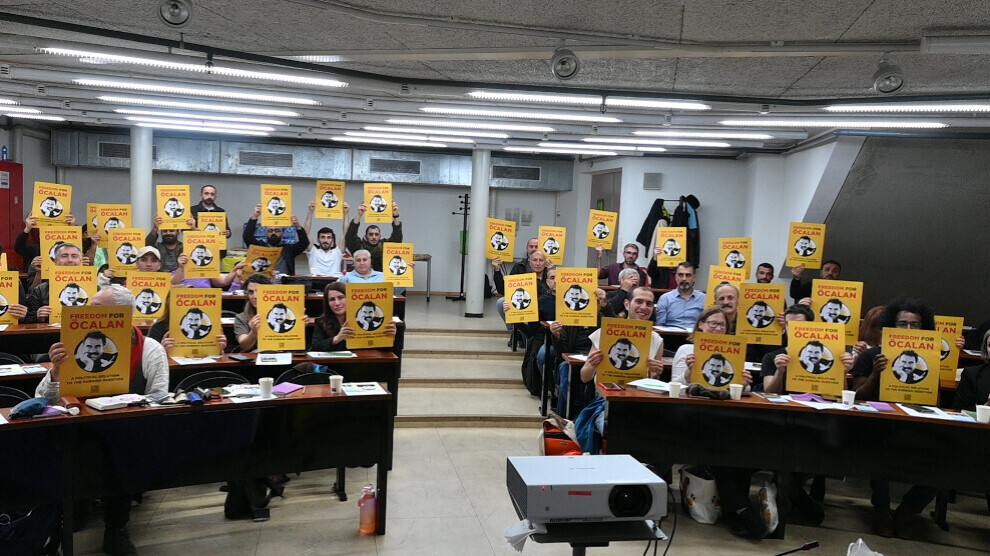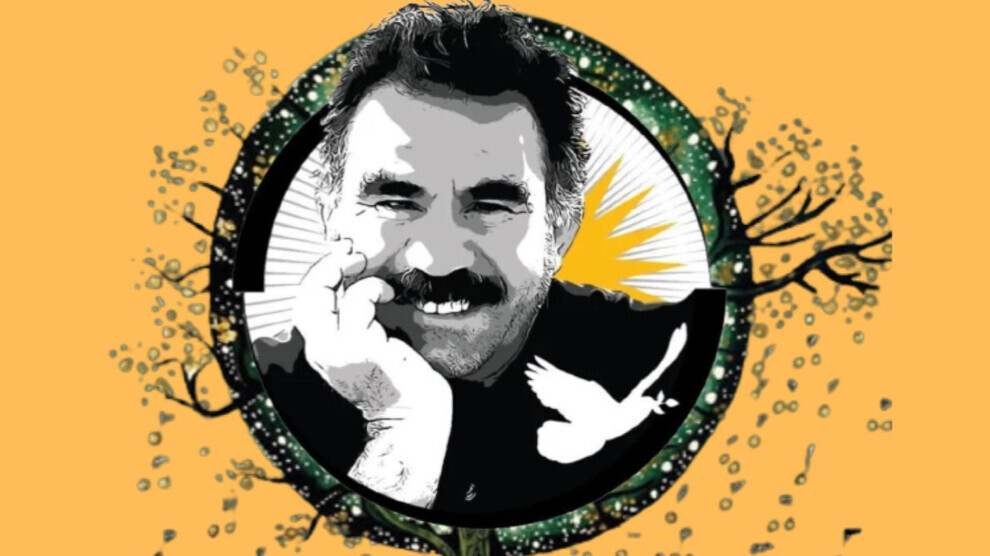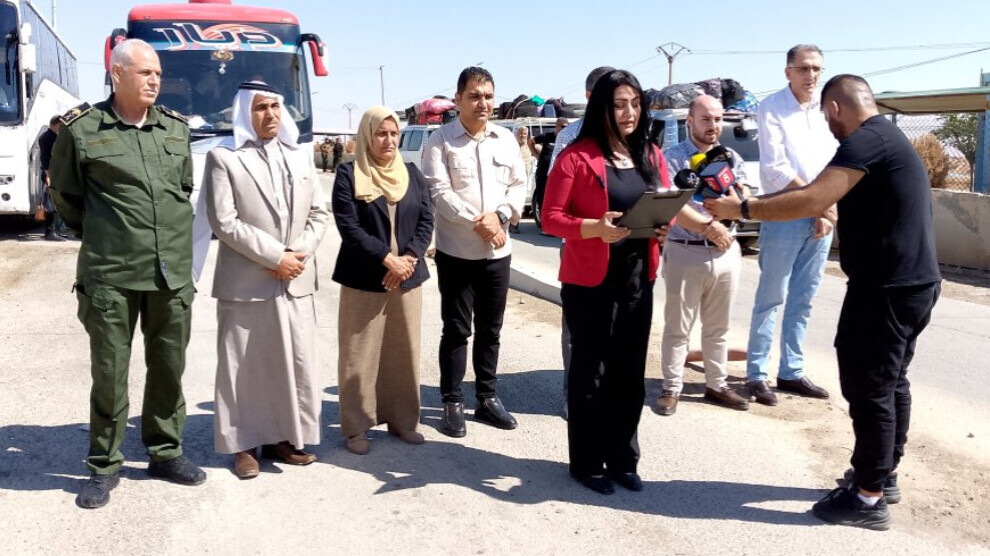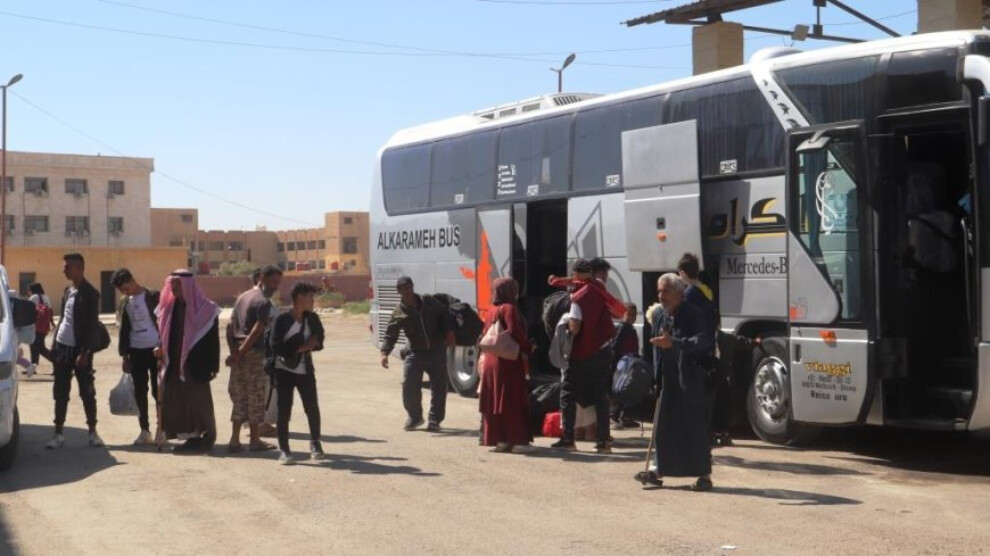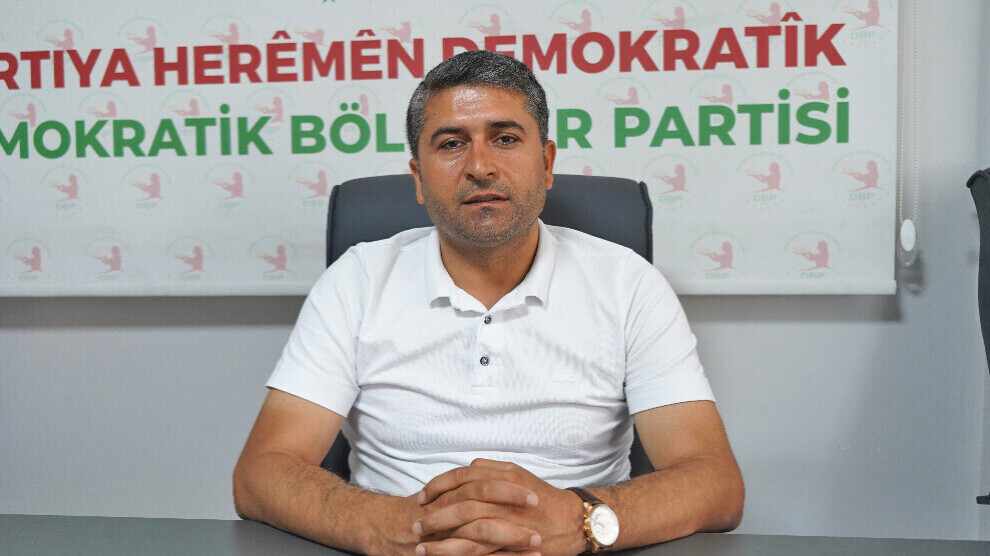Hispanic Americans accounted for 33% of estimated new HIV infections in 2022.
By Mary Kekatos
ABC
September 29, 2024

While the United States has made considerable progress fighting the HIV/AIDS crisis since its peak in the 1980s, headway has not been equal among racial/ethnic groups.
Overall, HIV rates have declined in the U.S. and the number of new infections over the last five years has dropped among Black Americans and white Americans. However, Hispanic and Latino Americans have not seen the same gains.
Between 2018 and 2022, estimated HIV infections among gay and bisexual men fell 16% for Black Americans and 20% for white Americans, according to data from the Centers for Disease Control and Prevention. Meanwhile, Hispanic Americans saw rates held steady, the CDC said.
There may be several reasons for the lack of decline, including Hispanic Americans facing health care discrimination, experts told ABC News. Some may also face the stigma that prevents patients from accessing services or makes them feel ashamed to do so. There is also a lack of material that is available in their native language or is culturally congruent, experts said.
"Where we are in the HIV epidemic is that we have better tools than ever for both treatment and for prevention, and we have seen a modest slowing in the rate of new infections, but we have seen a relative increase in the rate of new infections among Latino individuals, particularly Latino men who have sex with men," Dr. Kenneth Mayer, a professor of medicine at Harvard Medical School and medical research director at Fenway Health in Boston, told ABC News.
"So, the trends are subtle, but they're concerning because it does speak to increased health disparities in that population," he continued.

Declines in estimated HIV infections, 2018-2022
CDC
Hispanic Americans make up more cases and more deaths
Although Hispanic and Latino Americans make up 18% of the U.S. population, they accounted for 33% of estimated new HIV infections in 2022, according to HIV.gov, a website run by the U.S. Department of Health and Human Services. This is in comparison with white Americans, who make up 61% of the U.S. population but just 23% of HIV infections.
Hispanic and Latino gay men currently represent the highest number of new HIV cases in the U.S.
What's more, Hispanic males were four times likely to have HIV or AIDS compared to white males in 2022 and Hispanic females were about three times more likely than white females to have HIV over the same period, according to the federal Office of Minority Health (OMH).
Additionally, Hispanics males were nearly twice as likely to die of HIV Infection as white males and Hispanic females to die of HIV Infection in 2022, the OMH said.
MORE: People with HIV at higher risk of COVID reinfection: CDC
Erick Suarez, a nurse practitioner and chief medical officer of Pineapple Healthcare, a primary care and HIV/AIDS specialist located in Orlando, Florida, told ABC News that watching the lack of progress made in the HIV/AIDS crisis for the Hispanic and Latino population is like "traveling back in time."
"When I say traveling back in time for the Hispanic/Latino population with HIV, I mean [it's like] they are living before 2000," he said, "Their understanding of treatment and how to access it is in that pre-2000 world. … The state of HIV and AIDS in the Hispanic/Latino population in the United States right now is a few steps back from the general American population."
He said many Hispanic/Latino HIV patients come to the United States unaware of their HIV status. If they are aware of their status, they come from countries where prevention and pre-exposure prophylaxis (PrEP) is hard to find or doesn't exist.

Estimated new HIV infections by race and ethnicity in U.S., 2022
CDC
When they get to the United States, they be afraid or unsure of where or how to access health care. Even Hispanic/Latino Americans whose families have been here for generations, have trouble accessing health care due to racial and ethnic disparities, Suarez said.
Previous research has shown Hispanic/Latino Americans with HIV reported experiencing health care discrimination, which could be a barrier to accessing care.
Facing discrimination, stigma
Hispanic and Latino patients with HIV report facing discrimination in health care, experts told ABC News. A CDC report published in 2022 found between 2018 and 2020, nearly 1 in 4 Hispanic patients with HIV said they experienced health care discrimination.
Hispanic men were more likely to face discrimination than Hispanic women and Black or African American Hispanic patients were more likely than white Hispanic patients to face discrimination, according to the report.
There may also be stigma -- both within the general population and within their own communities -- associated with HIV infection that could prevent patients from accessing services, according to the experts.
Suarez said one of his most recent patients, who is Cuban, traveled two hours to a clinic outside of their city to make sure no one in their familial and social circles would know their status.

Prevalence of HIV health care discrimination reported by Hispanic and Latino adults in U.S.
CDC
"The interesting part is that even though I speak with them like, 'You understand that everything that happens within these walls is federally protected, that it is private information. No one will ever know your information, and our goal is for you to get access healthcare. You can do this in your own city,'" Suarez said.
"Now, because of the stigma, they will travel long distances to avoid contact with anyone and make sure that no one knows their status. So, stigma is a huge factor," he continued.
Rodriguez said this stigma and mistrust has led to many Hispanic and Latino Americans to not seek medical care unless something is seriously wrong, which may result in missed HIV diagnoses or a missed opportunity to receive post-exposure prophylaxis, which can reduce the risk of HIV when taken within 72 hours after a possible HIV exposure.
Making resources 'available, attainable and achievable'
Experts said one way to lower rates is to make information on how to reduce risk as well as how to get tested and treated available in other languages, such as Spanish, and making sure it is culturally congruent.
However, Rodriguez says translating documents is not enough. In the early 2010s, when the CDC was disseminating its national strategy to reduce HIV infection, the agency began to circulate materials on how to reduce HIV incidence, reducing stigma and increasing use of condoms for sex, Rodriguez said.
He said that of a compendium of 30 interventions, maybe one was in Spanish. When he took the materials back to his native Puerto Rico, many were having trouble understanding the materials because it has been translated by someone who is of Mexican heritage.
Secondly, rather than the materials being written in Spanish, they had been translated from English to Spanish, which doesn't always translate well, Rodriguez said.
"When we talk about Hispanics, we have to talk about, first of all, the culture. Our culture is very complex. Not one Spanish language can speak to all of the Hispanic communities," he said. "And then we also have to look at the generations of Hispanics. Are you first generation, second generation, third generation? "
He added that the key is making resources "available, attainable and achievable."
This month, the White House convened a summit to discuss raising awareness of HIV among Hispanic and Latino Americans and to discuss strengthening efforts to address HIV in Hispanic and Latino communities.
Mayer said it's also important to make sure information is disseminated on social media that is culturally tailored for Hispanic and Latino experiences.
"It's important for social media to seem culturally relevant, to make sure that they understand that HIV is not just a disease of old white guys, and that they may have a substantial risk," he said. "Make sure that they're educated by what they can do to protect themselves since we have highly effective pre-exposure prophylaxis, and we have ways to decrease STIs with a doxycycline post-exposure prophylaxis.
The experts added that having more Hispanics and Latinos represented in medicine, research and public health may encourage more Hispanic and Latino Americans with HIV or at risk of HIV to seek care or treatment.
"Seeing and being able to recognize that your healthcare provider looks like you, sounds like you, in some way it represents you, is a key aspect of getting people on treatment and access,' Suarez said. "And not only that, but keeping them in treatment and having them come back and stay and keep that going, that's a key issue."
September 29, 2024

While the United States has made considerable progress fighting the HIV/AIDS crisis since its peak in the 1980s, headway has not been equal among racial/ethnic groups.
Overall, HIV rates have declined in the U.S. and the number of new infections over the last five years has dropped among Black Americans and white Americans. However, Hispanic and Latino Americans have not seen the same gains.
Between 2018 and 2022, estimated HIV infections among gay and bisexual men fell 16% for Black Americans and 20% for white Americans, according to data from the Centers for Disease Control and Prevention. Meanwhile, Hispanic Americans saw rates held steady, the CDC said.
There may be several reasons for the lack of decline, including Hispanic Americans facing health care discrimination, experts told ABC News. Some may also face the stigma that prevents patients from accessing services or makes them feel ashamed to do so. There is also a lack of material that is available in their native language or is culturally congruent, experts said.
"Where we are in the HIV epidemic is that we have better tools than ever for both treatment and for prevention, and we have seen a modest slowing in the rate of new infections, but we have seen a relative increase in the rate of new infections among Latino individuals, particularly Latino men who have sex with men," Dr. Kenneth Mayer, a professor of medicine at Harvard Medical School and medical research director at Fenway Health in Boston, told ABC News.
"So, the trends are subtle, but they're concerning because it does speak to increased health disparities in that population," he continued.

Declines in estimated HIV infections, 2018-2022
CDC
Hispanic Americans make up more cases and more deaths
Although Hispanic and Latino Americans make up 18% of the U.S. population, they accounted for 33% of estimated new HIV infections in 2022, according to HIV.gov, a website run by the U.S. Department of Health and Human Services. This is in comparison with white Americans, who make up 61% of the U.S. population but just 23% of HIV infections.
Hispanic and Latino gay men currently represent the highest number of new HIV cases in the U.S.
What's more, Hispanic males were four times likely to have HIV or AIDS compared to white males in 2022 and Hispanic females were about three times more likely than white females to have HIV over the same period, according to the federal Office of Minority Health (OMH).
Additionally, Hispanics males were nearly twice as likely to die of HIV Infection as white males and Hispanic females to die of HIV Infection in 2022, the OMH said.
MORE: People with HIV at higher risk of COVID reinfection: CDC
Erick Suarez, a nurse practitioner and chief medical officer of Pineapple Healthcare, a primary care and HIV/AIDS specialist located in Orlando, Florida, told ABC News that watching the lack of progress made in the HIV/AIDS crisis for the Hispanic and Latino population is like "traveling back in time."
"When I say traveling back in time for the Hispanic/Latino population with HIV, I mean [it's like] they are living before 2000," he said, "Their understanding of treatment and how to access it is in that pre-2000 world. … The state of HIV and AIDS in the Hispanic/Latino population in the United States right now is a few steps back from the general American population."
He said many Hispanic/Latino HIV patients come to the United States unaware of their HIV status. If they are aware of their status, they come from countries where prevention and pre-exposure prophylaxis (PrEP) is hard to find or doesn't exist.

Estimated new HIV infections by race and ethnicity in U.S., 2022
CDC
When they get to the United States, they be afraid or unsure of where or how to access health care. Even Hispanic/Latino Americans whose families have been here for generations, have trouble accessing health care due to racial and ethnic disparities, Suarez said.
Previous research has shown Hispanic/Latino Americans with HIV reported experiencing health care discrimination, which could be a barrier to accessing care.
Facing discrimination, stigma
Hispanic and Latino patients with HIV report facing discrimination in health care, experts told ABC News. A CDC report published in 2022 found between 2018 and 2020, nearly 1 in 4 Hispanic patients with HIV said they experienced health care discrimination.
Hispanic men were more likely to face discrimination than Hispanic women and Black or African American Hispanic patients were more likely than white Hispanic patients to face discrimination, according to the report.
There may also be stigma -- both within the general population and within their own communities -- associated with HIV infection that could prevent patients from accessing services, according to the experts.
Suarez said one of his most recent patients, who is Cuban, traveled two hours to a clinic outside of their city to make sure no one in their familial and social circles would know their status.

Prevalence of HIV health care discrimination reported by Hispanic and Latino adults in U.S.
CDC
"The interesting part is that even though I speak with them like, 'You understand that everything that happens within these walls is federally protected, that it is private information. No one will ever know your information, and our goal is for you to get access healthcare. You can do this in your own city,'" Suarez said.
"Now, because of the stigma, they will travel long distances to avoid contact with anyone and make sure that no one knows their status. So, stigma is a huge factor," he continued.
Rodriguez said this stigma and mistrust has led to many Hispanic and Latino Americans to not seek medical care unless something is seriously wrong, which may result in missed HIV diagnoses or a missed opportunity to receive post-exposure prophylaxis, which can reduce the risk of HIV when taken within 72 hours after a possible HIV exposure.
Making resources 'available, attainable and achievable'
Experts said one way to lower rates is to make information on how to reduce risk as well as how to get tested and treated available in other languages, such as Spanish, and making sure it is culturally congruent.
However, Rodriguez says translating documents is not enough. In the early 2010s, when the CDC was disseminating its national strategy to reduce HIV infection, the agency began to circulate materials on how to reduce HIV incidence, reducing stigma and increasing use of condoms for sex, Rodriguez said.
He said that of a compendium of 30 interventions, maybe one was in Spanish. When he took the materials back to his native Puerto Rico, many were having trouble understanding the materials because it has been translated by someone who is of Mexican heritage.
Secondly, rather than the materials being written in Spanish, they had been translated from English to Spanish, which doesn't always translate well, Rodriguez said.
"When we talk about Hispanics, we have to talk about, first of all, the culture. Our culture is very complex. Not one Spanish language can speak to all of the Hispanic communities," he said. "And then we also have to look at the generations of Hispanics. Are you first generation, second generation, third generation? "
He added that the key is making resources "available, attainable and achievable."
This month, the White House convened a summit to discuss raising awareness of HIV among Hispanic and Latino Americans and to discuss strengthening efforts to address HIV in Hispanic and Latino communities.
Mayer said it's also important to make sure information is disseminated on social media that is culturally tailored for Hispanic and Latino experiences.
"It's important for social media to seem culturally relevant, to make sure that they understand that HIV is not just a disease of old white guys, and that they may have a substantial risk," he said. "Make sure that they're educated by what they can do to protect themselves since we have highly effective pre-exposure prophylaxis, and we have ways to decrease STIs with a doxycycline post-exposure prophylaxis.
The experts added that having more Hispanics and Latinos represented in medicine, research and public health may encourage more Hispanic and Latino Americans with HIV or at risk of HIV to seek care or treatment.
"Seeing and being able to recognize that your healthcare provider looks like you, sounds like you, in some way it represents you, is a key aspect of getting people on treatment and access,' Suarez said. "And not only that, but keeping them in treatment and having them come back and stay and keep that going, that's a key issue."

